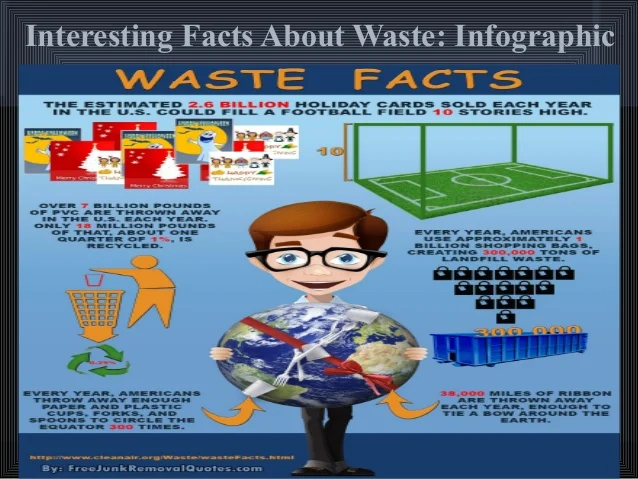Are You Excited To Learn Exactly How To Effectively Handle Contaminated Materials In Your Rental Dumpster? Look Into Professional Guidance Focused On Guaranteeing Your Security And Maintaining The Setting
Are You Excited To Learn Exactly How To Effectively Handle Contaminated Materials In Your Rental Dumpster? Look Into Professional Guidance Focused On Guaranteeing Your Security And Maintaining The Setting
Blog Article
Read More Here -Jorgensen Gallegos
When it comes to handling hazardous waste in your rental dumpster, browsing the intricacies can be intimidating. From recognizing possibly harmful materials to making certain secure disposal methods, experienced recommendations can be the key to protecting both your wellness and the setting. By acquainting yourself with vital approaches for taking care of hazardous waste, you are taking an aggressive step towards responsible waste administration. Stay tuned to find necessary ideas that can equip you to make informed choices and mitigate threats efficiently.
Identifying Contaminated Materials
To identify contaminated materials in your rental dumpster, evaluate products for labels suggesting risk or poisoning. Look for words like 'combustible,' 'corrosive,' 'hazardous,' or 'dangerous.' Products such as batteries, pesticides, cleaning items, paints, fluorescent light bulbs, and digital devices might consist of dangerous materials. Look for signs like heads, flames, or the letters 'RCRA' (Source Conservation and Healing Act) on containers.
Be cautious of unlabeled things or unidentified compounds, as they could present risks. Bear in mind, also relatively safe items like old batteries or ended medicines can be unsafe otherwise thrown away correctly. If you're uncertain about an item, don't toss it in the dumpster. It's far better to be risk-free than sorry when it pertains to taking care of potentially dangerous waste.
Safe Handling Procedures
When dealing with hazardous waste in your rental dumpster, constantly prioritize safety and security by following proper handling procedures.
Start by using proper individual safety equipment (PPE) such as handwear covers, goggles, and a mask to safeguard yourself from unsafe substances. Ensure to carefully review and adhere to the supplier's instructions on handling and dealing with the dangerous materials.
When taking care of sharp objects or damaged glass, usage tough handwear covers and double-bag the products to stop slits and leakages. Additionally, set apart various sorts of hazardous waste to avoid chemical reactions or contamination.
Constantly keep a spill kit nearby in case of crashes, and be prepared to consist of and clean up any type of spills promptly. Keep in mind to firmly secure all containers before putting them in the dumpster to prevent leakages and direct exposure to others.
Proper Disposal Techniques
Guarantee that you understand the appropriate disposal methods for contaminated materials when utilizing your rental dumpster, keeping a concentrate on security and environmental duty.
When dealing with hazardous waste, it's important to follow details standards to prevent injury to yourself, others, and the setting. Beginning by segregating various sorts of hazardous materials to prevent chain reactions that could cause hazardous situations. Make sure to utilize appropriate containers that are watertight and labeled correctly to ensure appropriate handling during disposal.
In addition, research study regional laws and disposal facilities that can approve hazardous waste to guarantee that it's thrown away appropriately. Never try to get rid of hazardous waste in a regular garbage can or pour it down the drain, as this can have severe repercussions.
Final thought
To conclude, when handling hazardous waste in your rental dumpster, bear in mind to focus on safety and security by following specialist suggestions on identifying, dealing with, and getting rid of these products.
By using protective equipment, segregating waste, and looking into local regulations, you can avoid damage to yourself, others, and the environment.
Keep cautious, be cautious, and constantly focus on safety and security initially.
